Advanced robotic-assisted surgery has been performed on children, showing faster recovery times, less post-operative pain and less hospital stays.
Reece - a 7-year-old boy in the UK has become the first child in the country to have kidney surgery using advanced equipment with the help of robots. Reece suffered from a blockage in his urethra, which caused him to have difficulty urinating. "He went to the park and fell into a pillar. He said he was fine, but then in the evening he went to the toilet and there was a little blood in his urine. At the hospital, doctors did a scan and found a blockage," said Reece's mother.
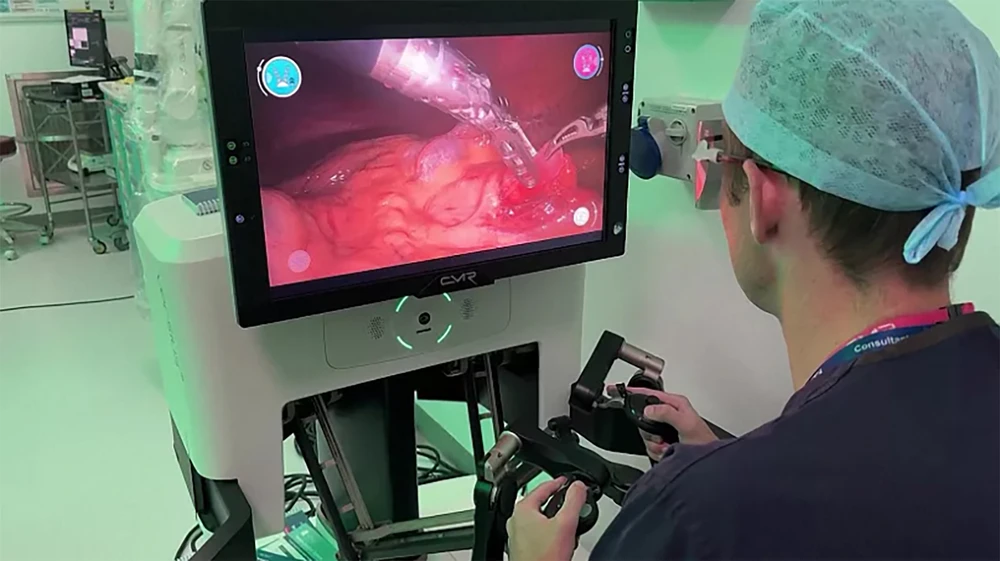
Laparoscopic pyeloplasty is performed to treat blockages, correcting narrowing in the ureter. Traditional surgery for this procedure can cause a number of complications. "The two traditional approaches are open surgery, where you make a relatively large incision and do everything manually, or laparoscopic surgery, which involves making small incisions in the abdomen," says Ewan Brownlee, consultant paediatric urologist at University Hospital Southampton, who performed the surgery.
The robotic-assisted device, developed by Cambridge-based CMR Surgical Ltd, can help achieve precision that is impossible for humans, through the use of small surgical instruments and manual controls that support the robot, as well as a magnified high-definition screen. “The robotic-assisted part is internal, moves like a wrist, and is controlled by an external joystick, which remains completely under the surgeon’s control,” added Dr Brownlee.
By 2023, most prostate, kidney and lung cancer surgeries will be performed using robots, according to Guy's and St Thomas' NHS Trust in London. According to Southampton Children's Hospital, the robot has advanced precision and control, allowing it to be used on young patients. The robotic arm used for Reece's surgery has a range of motion of 720 degrees, allowing the use of surgical instruments small enough to perform complex surgeries.
“When I first heard that there would be a robot operating on him, I was a little nervous. After knowing that there was a doctor controlling the robot, I felt more at ease,” said Reece’s father. Reece was discharged from the hospital a day after the surgery and is expected to make a full recovery.
Surgeons involved in the trial hope that robotic-assisted paediatric surgery will become more common worldwide. "I hope that there will be more minimally invasive procedures for children around the world. Robotic-assisted technology will make it easier to perform minimally invasive procedures," said Dr Brownlee. Southampton Children's Hospital said it will test the device on 150 paediatric patients in an upcoming study.
LAM DIEN
Source: https://www.sggp.org.vn/tien-bo-y-khoa-nho-cong-nghe-post753799.html







![[Photo] Visiting Cu Chi Tunnels - a heroic underground feat](https://vstatic.vietnam.vn/vietnam/resource/IMAGE/2025/4/8/06cb489403514b878768dd7262daba0b)






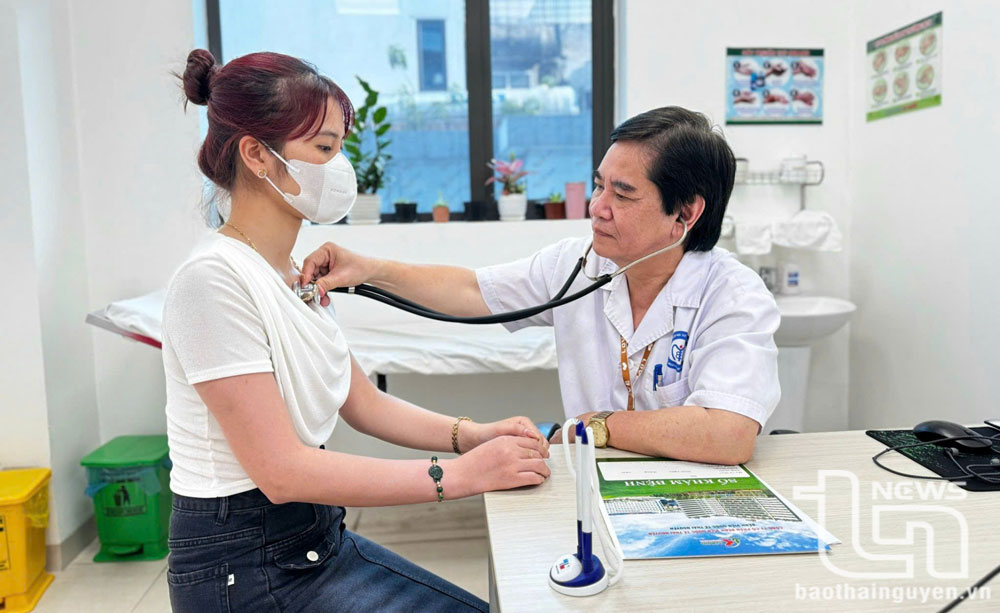

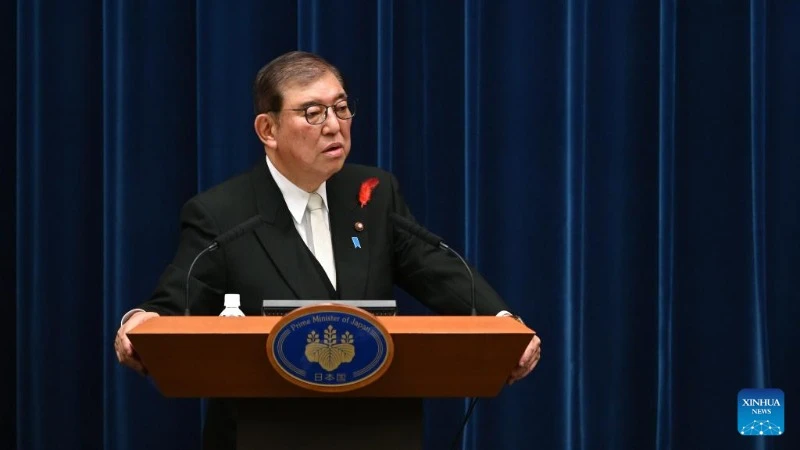







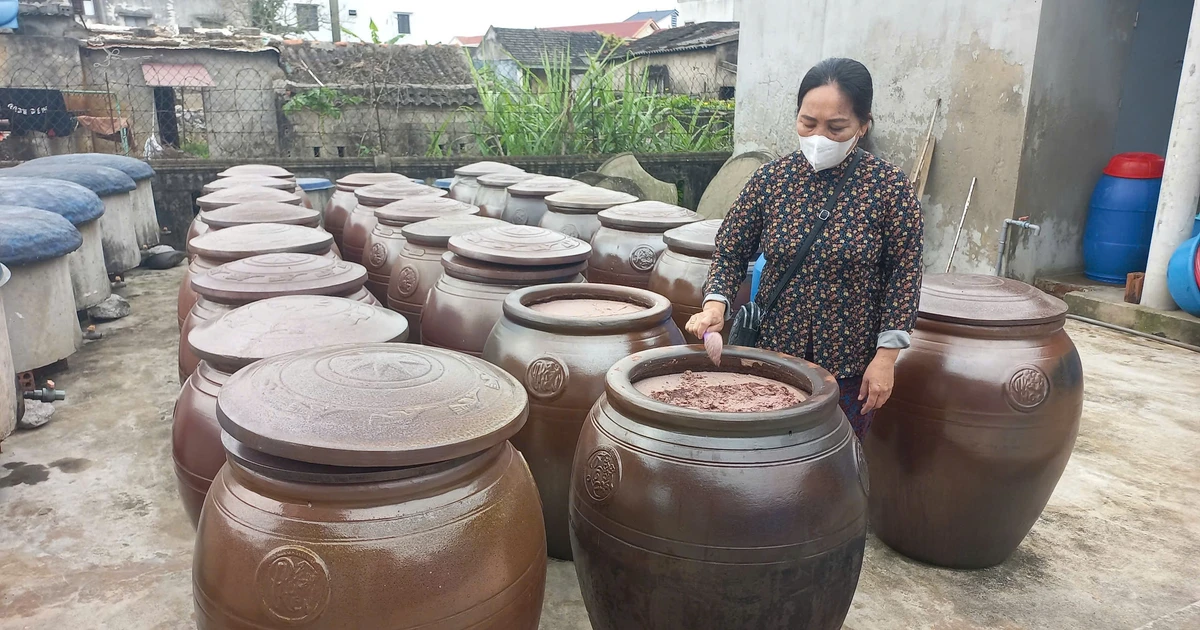

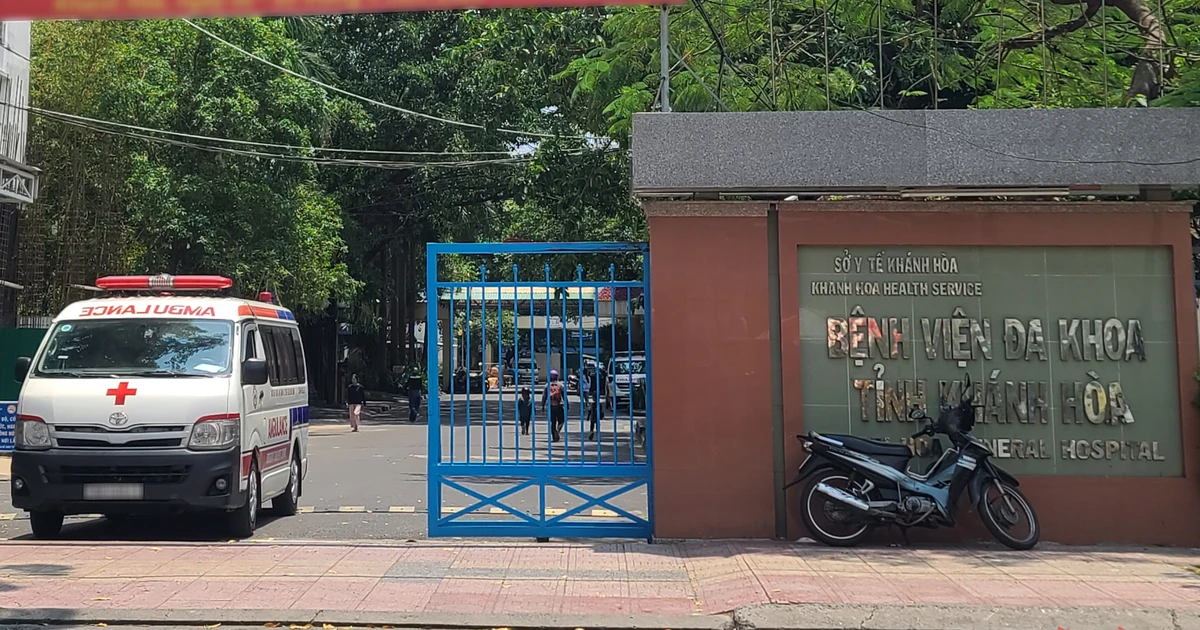
















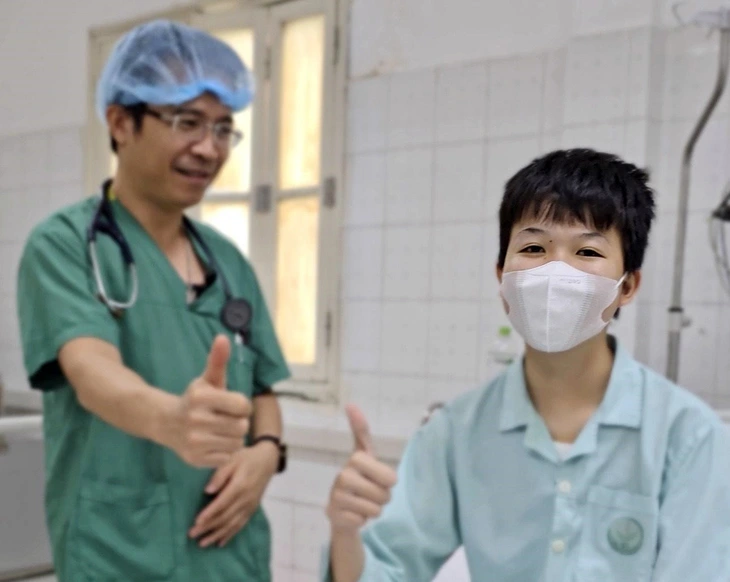
































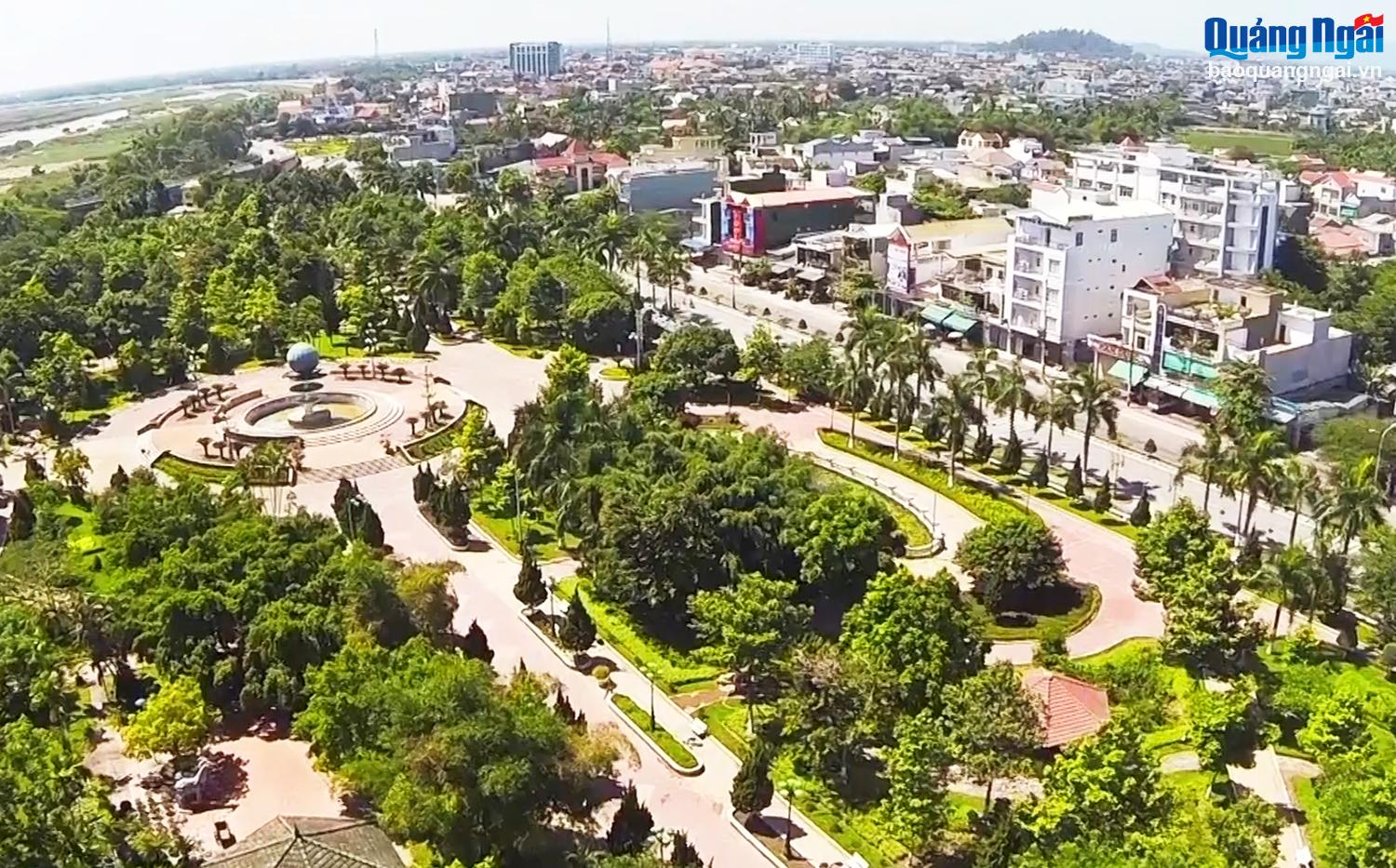








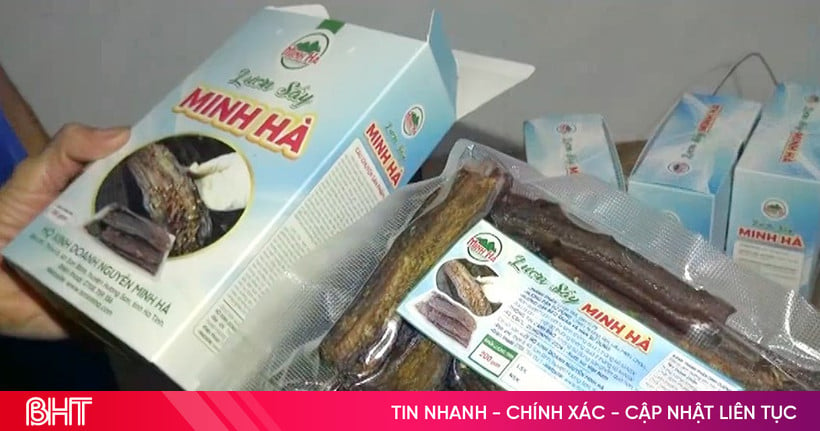

Comment (0)